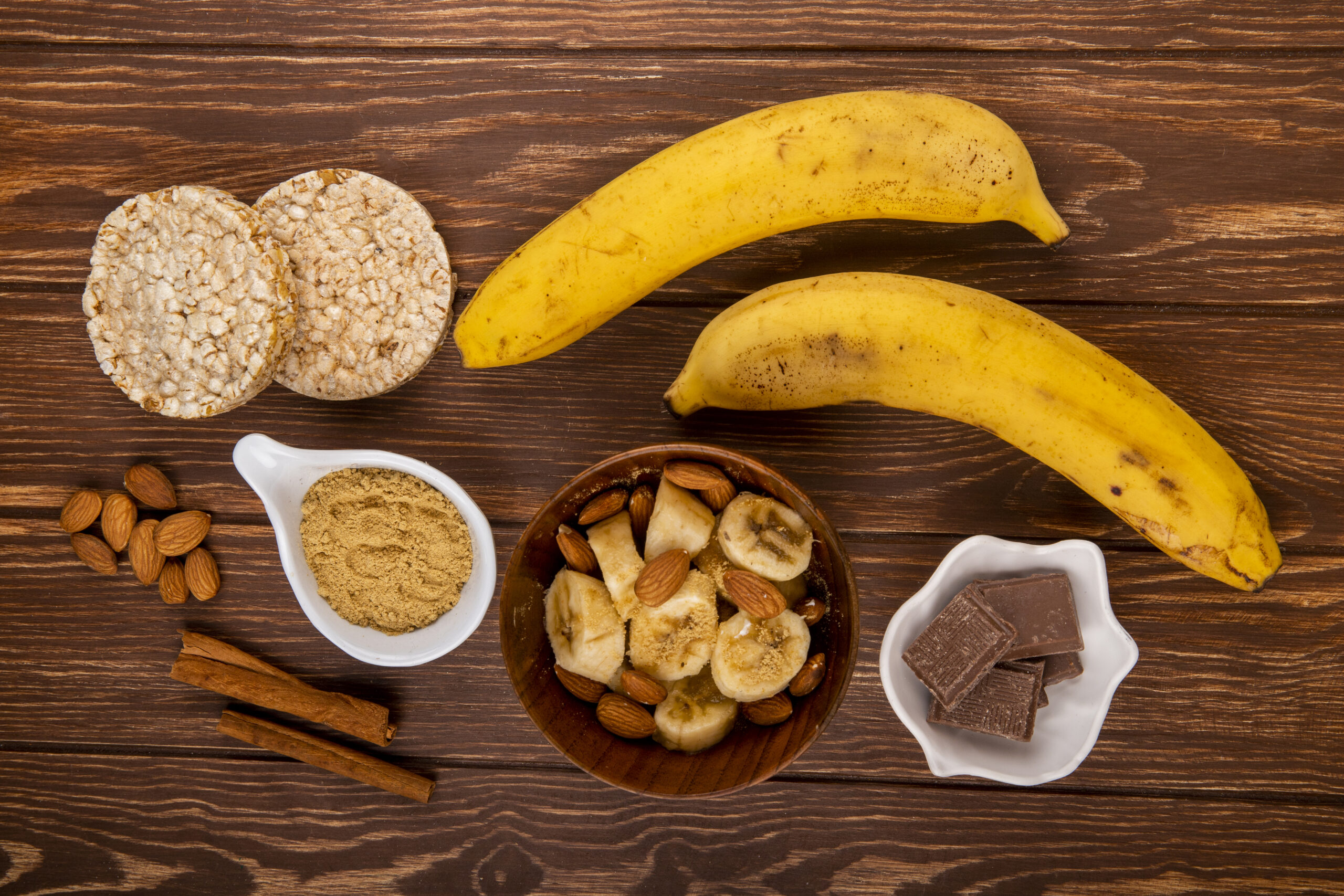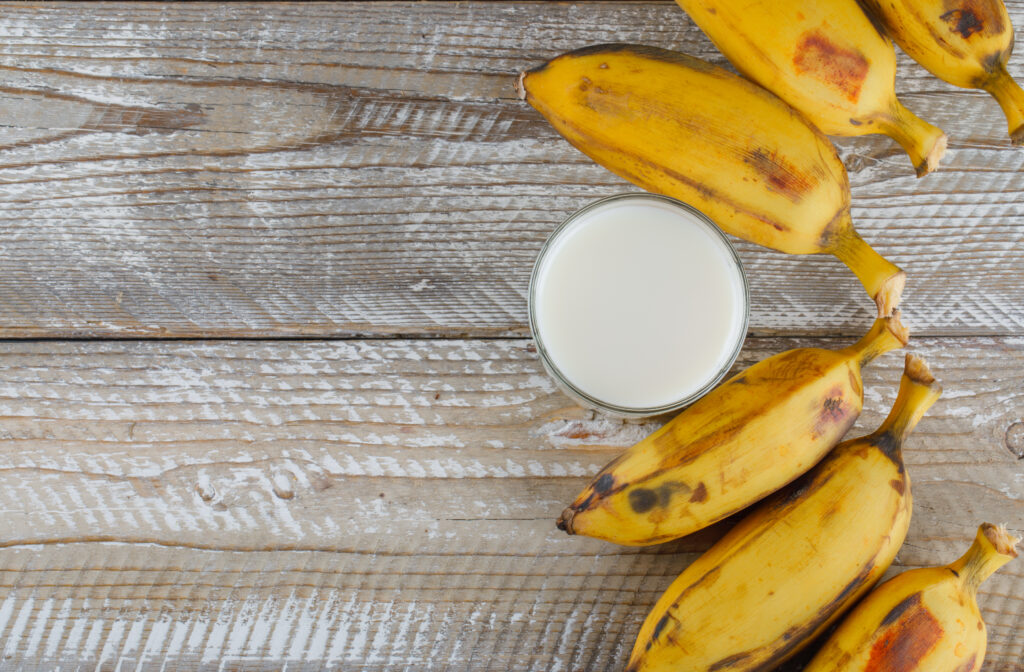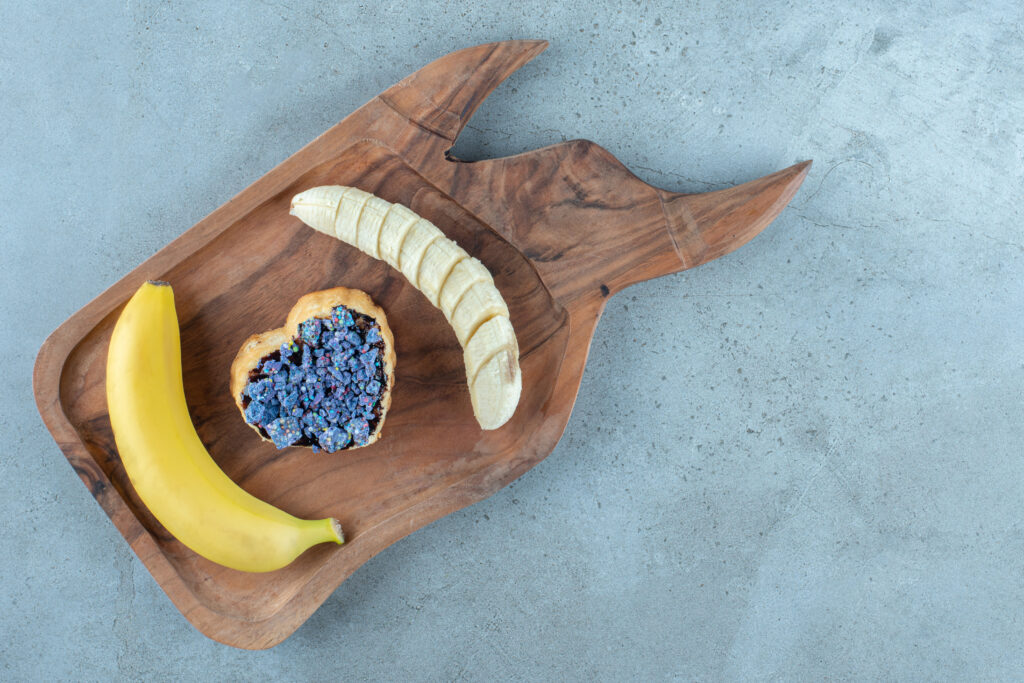- LIFE
Discover the Best Recipe for Quick Easy Chicken


Bananas are one of the most popular fruits in the world and for good reason. They are naturally sweet, easy to digest and packed with essential nutrients that support overall health. Whether eaten as a snack, blended into smoothies or added to breakfast dishes, bananas offer a nutritious boost with every bite. Understanding the nutrition facts of a banana can help you make healthier choices and appreciate the benefits this fruit brings to your diet.

A medium sized banana, roughly 118 grams, contains about 105 calories. It provides a balanced mix of carbohydrates, fiber and natural sugars, making it an excellent source of quick and sustained energy. Here is the approximate nutrition breakdown for one medium banana.
Bananas are mostly made up of carbohydrates, derived from both starch and natural sugars. As bananas ripen, their starch content gradually converts into sugar, leading to their sweeter flavor. The fiber present in bananas supports digestion and helps maintain gut health.
Bananas contain several important micronutrients, including vitamin B6, vitamin C, potassium and manganese. Vitamin B6 supports brain development and energy metabolism. Vitamin C contributes to a strong immune system and healthy skin. Potassium plays a key role in muscle function, heart health and fluid balance. These nutrients make bananas a valuable addition to a balanced diet.
Bananas are rich in potassium, a mineral that helps regulate blood pressure and reduce pressure on the cardiovascular system. Regular consumption of potassium rich foods may lower the risk of hypertension and heart related issues.
The natural sugars and fiber in bananas provide a steady release of energy. This makes them ideal as a pre workout snack or a mid day boost. Their carbohydrates also help replenish muscle glycogen after exercise.
Bananas contain soluble fiber that supports smooth digestion and regular bowel movements. They are gentle on the stomach and can help ease mild digestive discomfort.
While bananas contain natural sugars, their fiber content helps slow sugar absorption and prevents rapid spikes in blood glucose. Slightly underripe bananas have a lower impact on blood sugar than fully ripe ones.
Bananas supply vitamin B6 and small amounts of tryptophan, both of which aid in the production of serotonin. This can help improve mood, support better focus and promote emotional well being.

Bananas are extremely versatile and can be enjoyed in many simple or creative ways. They can be eaten on their own, sliced over oatmeal or yogurt, added to smoothies or used to naturally sweeten baked goods. Ripe bananas work well in recipes like banana bread, pancakes and muffins, while frozen bananas create a creamy base for healthy desserts. Bananas are a reliable and nourishing fruit that offer a powerful mix of macronutrients, vitamins and minerals. Their natural sweetness, convenience and versatility make them an easy addition to meals and snacks throughout the day.
Whether you are fueling up before activity, satisfying a sweet craving or boosting your nutritional intake, bananas are a simple choice that delivers meaningful benefits.